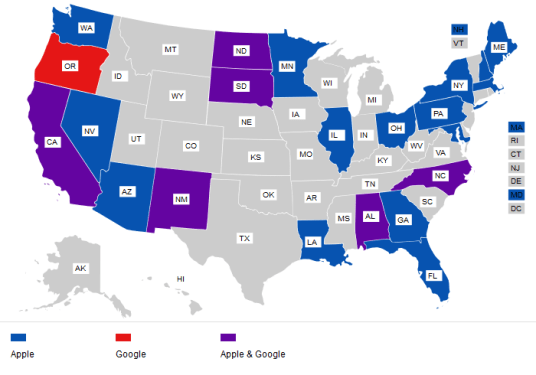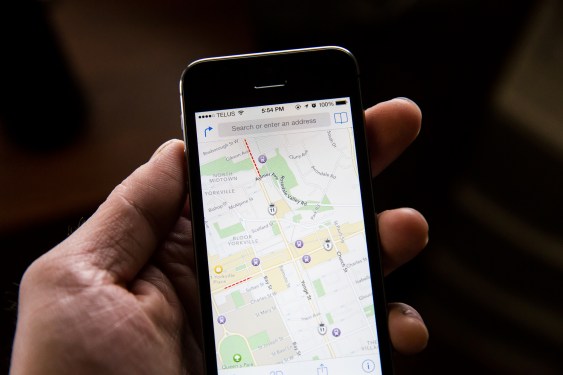In recent months, there has been a growing concern about the use of the All Writs Act by law enforcement agencies in the United States to compel smartphone manufacturers to unlock devices. The American Civil Liberties Union (ACLU) has compiled a comprehensive map of cases across the country where this act has been used to justify an order to unlock a smartphone.
A Nationwide Backlog of Cases
According to the ACLU’s research, at least 70 cases exist where Apple or Google were ordered under the All Writs Act to unlock a phone. This number is likely an underestimate, as many cases are filed privately and may not be included in the map. The ACLU has linked to court orders for each case when available, providing a valuable resource for researchers and journalists.
The Statistics
A total of 63 cases are shown on the map, with nine seeking to compel Google to unlock a phone and the rest targeting Apple. This statistic is intriguing and may yield interesting data when scrutinized. Is it due to the prevalence of iPhone users in certain regions or the security standards implemented by these manufacturers? The answers are unclear, but the ACLU’s research highlights the need for further investigation.
The All Writs Act: A Tactic of Last Resort?
Proponents of the All Writs Act argue that it is a necessary tool for law enforcement agencies to access encrypted devices in critical cases. However, the extensive use of this act across the country belies this assertion. In many cases, the government has had alternative means of accessing the device without resorting to an order under the All Writs Act.
A Lack of Transparency
The ACLU’s research highlights a concerning lack of transparency in these cases. Many court orders are filed privately, and the companies being ordered to unlock devices often comply without publicly contesting the decision. This secrecy undermines public trust and raises questions about the government’s ability to successfully navigate the complex world of tech and encryption.
A Shaking of Faith in Government
The widespread use of the All Writs Act to compel smartphone unlocking has shaken many people’s faith in the government’s ability to effectively manage the intersection of technology and law. If there was ever a time for skepticism, it is now. The federal government’s assertion that this tactic is only used as a last resort rings hollow when faced with the evidence.
The Impact on Tech and Encryption
The use of the All Writs Act has significant implications for tech companies and their customers. As encryption becomes increasingly prevalent in devices, the demand for backdoors will inevitably rise. This will create a slippery slope where governments and law enforcement agencies seek to compromise device security in the name of convenience.
A Call for Reform
The ACLU’s research serves as a stark reminder that the All Writs Act is often used to justify measures that infringe on individual rights. As such, there is a pressing need for reform. Tech companies and advocates must push back against these overbroad orders, ensuring that any compromise of device security is carefully considered and narrowly tailored.
The Road Ahead
As the debate around encryption and backdoors continues to simmer, it remains to be seen how this issue will unfold. Will tech companies continue to push for more robust encryption standards? Will governments find alternative means of accessing encrypted devices without resorting to broad orders under the All Writs Act?
Key Takeaways
- At least 70 cases exist where Apple or Google were ordered under the All Writs Act to unlock a phone.
- The ACLU’s research highlights a concerning lack of transparency in these cases, with many court orders filed privately.
- The use of the All Writs Act has significant implications for tech companies and their customers, as it erodes trust in device security.
As we navigate this complex landscape, one thing is clear: the debate around encryption and backdoors is far from over. It will take a concerted effort from advocates, tech companies, and governments to find a balance between individual rights and national security concerns.




